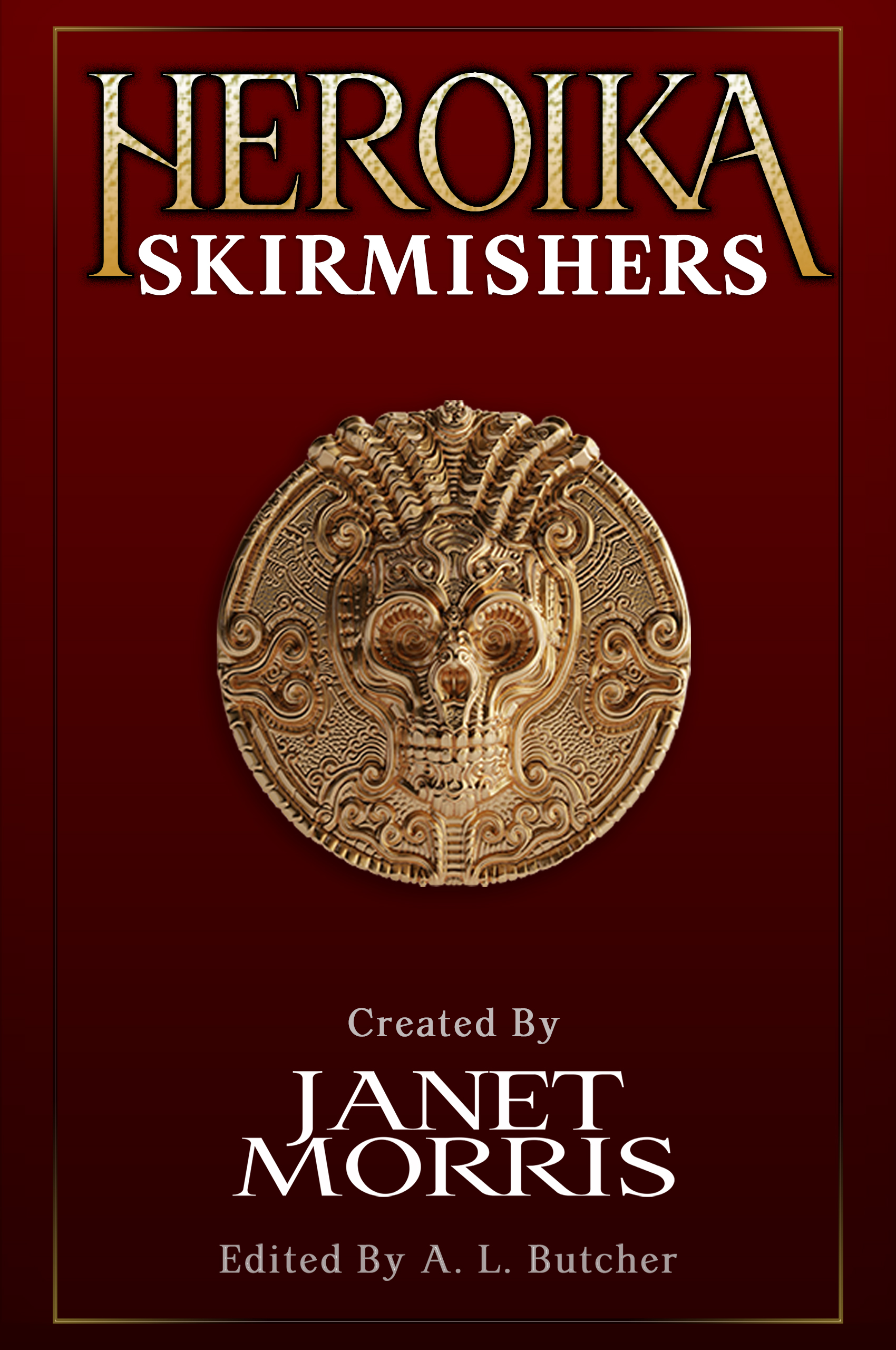The Watcher (c) A. L. Butcher
1888
Women of the lowest class plied their pitiful trade beneath the spluttering gas lamps, among the filth, the crime and the poverty. Some argued they embodied all three. The Great Social Evil – the plague of vice had been called, and Oscar Wilde wrote of the ‘mechanical grotesques’ ‘ghosts’ and ‘skeletons’ and for many of these poor souls, this was their fate. The ‘unfortunates’ sold their bodies for the cost of a bed for the night, barely a couple of pennies, or a glass of Geneva liquor, scourge of the poor. Solace came at a price.
This was the London of Her Majesty Queen Victoria in the declining years of the Nineteenth Century and it was dark and deadly for the poor, although the Empire spanned a quarter of the world. It was held to be the greatest Empire, the most advanced, but history can shield many lies. This was the age of steam travel, science, and ever-growing knowledge. The superstitions of the past were waning. Widowed, ever-mourning, upright, and moral, Victoria ruled this realm and many others as far-flung as India. This was a time of literature and of discovery, of social unrest and discontent. Behind the façade, a pernicious creature lurked. And this creature wanted blood.
Venereal disease, alcoholism, and assault were commonplace and life was, unfortunately, cheap. Women and children often paid the ultimate price. The enlightened Victorians turned their sight away from the darkness that crawled through the streets and the terror and despair that lurked around every corner for the poor.
In the autumn of 1888, things were about to get worse…much, much worse. A legend would stalk the streets, taking lives and gaining a kind of immortality. Death would come early to five women, perhaps more, and brutality would rule.
To this day no one knows the true identity of Britain’s most infamous serial killer, although many have put forward theories – from a Prince of the Realm, to a mad midwife, to a doctor, to a sailor, to an American, to a Jew. He or she could have been any of these or none. The first modern murderer, a deadly threat, a terrible myth – all of these and more, was this killer. None knew why he killed as and when he did, not then.
For three months, he held London in terror. Then he disappeared. Yet his legacy lived on for many years. Even now this man, if he was a man, fascinates students of true crime, but the truth remains as elusive as the shadowy figure of Jack the Ripper….
Synopsis – The year is 1888, and the place is Whitechapel, in the very heart of London. But the heart is bleeding. A mysterious killer is stalking women of the streets – his true name is unknown, but his legend will go down in history. This is a short tale of Jack the Ripper.
Who was this man? Was it a man at all?
A dark fantasy/gothic horror short tale with a twist.
Note – contains scenes of violence against women.
https://www.books2read.com/TheWatcherJTR


